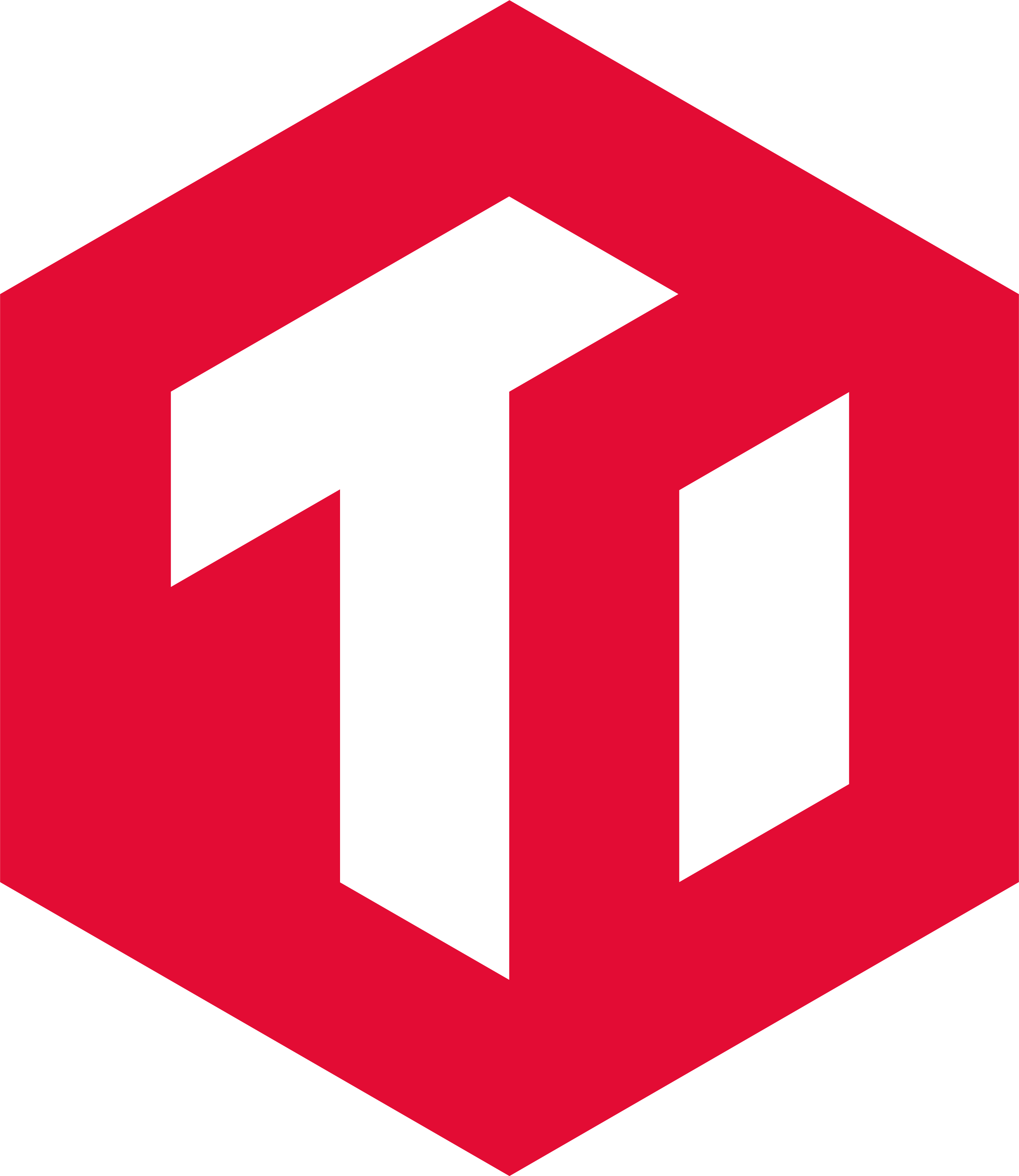Proposal: A Gitbook for TiDB Development Guide: This proposal illustrates two contributor stories and the current blocking issues in each story. Proposed a TiDB Development Guide to solve these issues, help both newbie and experienced contributors land on TiDB community, become an expert in the database system finally.
I made a prototype for TiDB Development Guide:
- source code: https://github.com/zz-jason/tidb-dev-guide
- readable version: https://zz-jason.gitbook.io/tidb-dev-guide/
Hope it can help you (potential tidb contributors) in getting started, being an expert in TiDB and distributed database system finally. Please take a look in your spare time, any advice and suggestions are welcome and appreciated.

